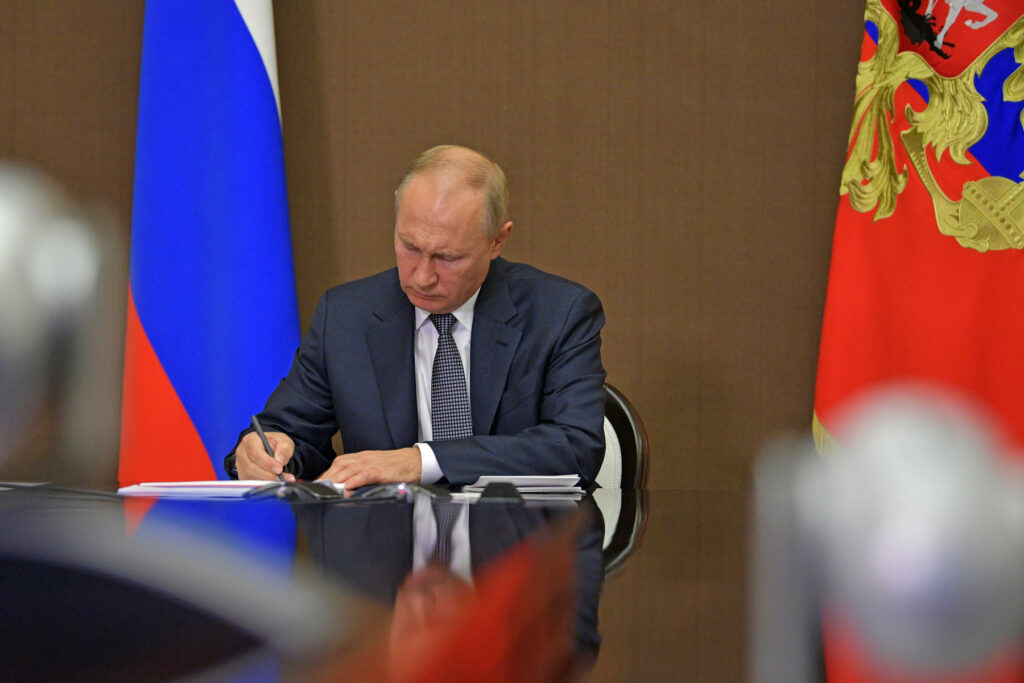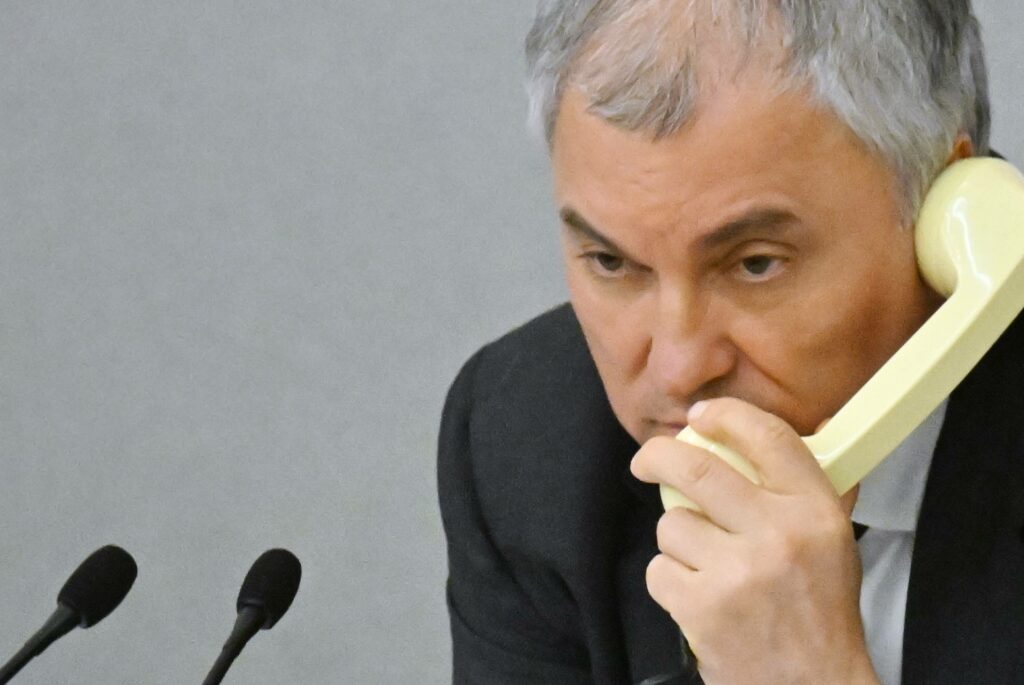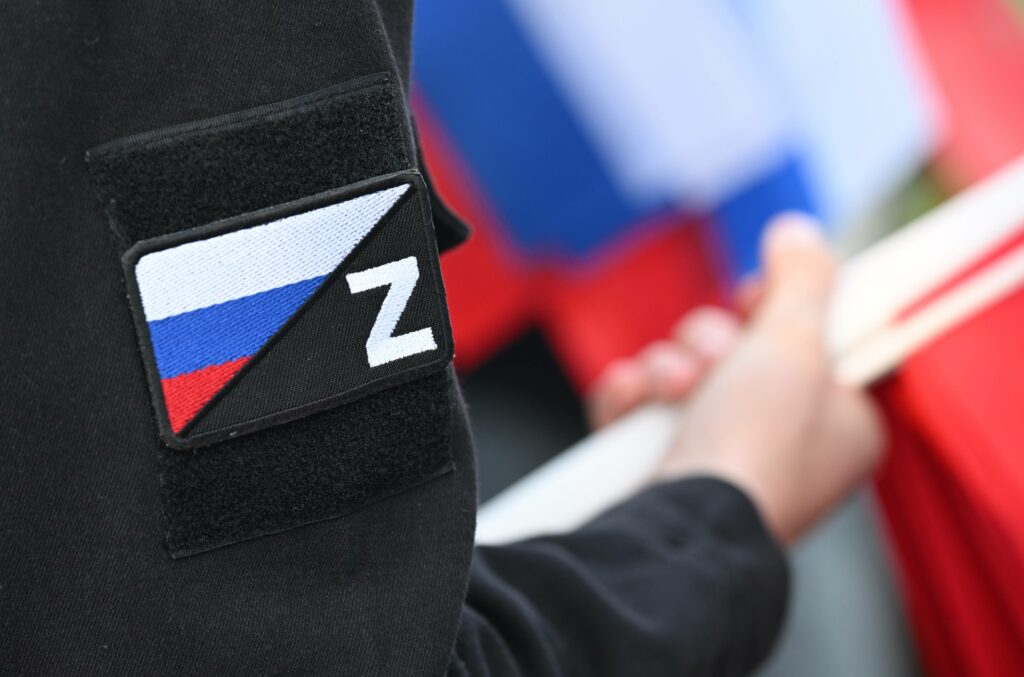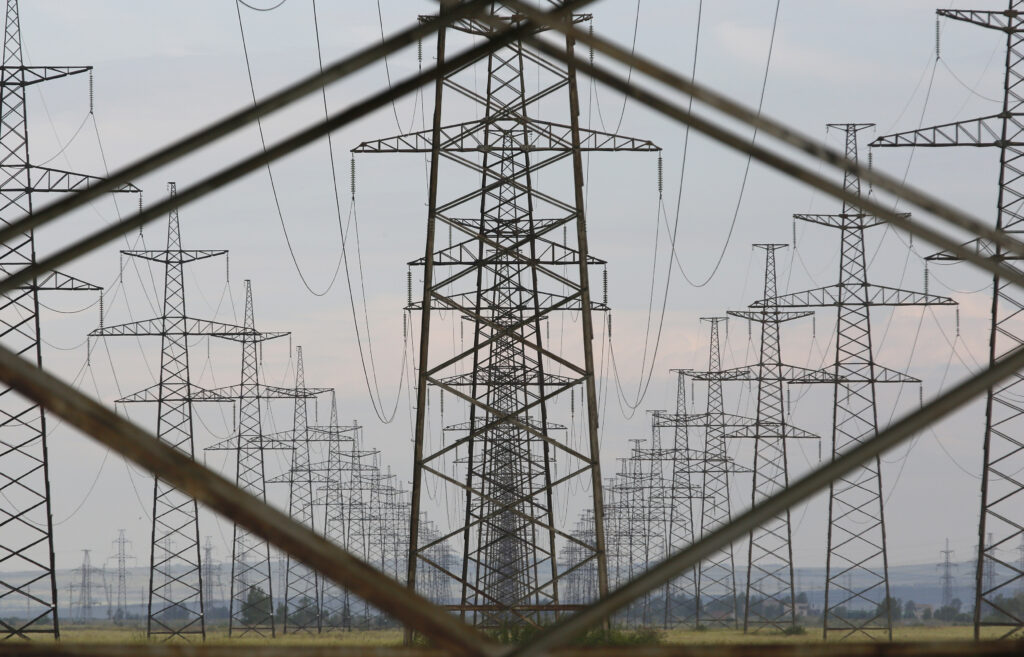Constitutional reform – as understood by those who initiated the reform – is ‘the institutionalisation of Putinism’. It is to consolidate the entire institutional design that has taken shape under Vladimir Putin. This process is taking place side by side with a large-scale programme of training a young generation of bureaucrats run by Sergey Kiriyenko. Taken together, all this provides clues to how the system of governance built by Putin and his entourage will be ‘inherited’ without breakdown or profound reforms.
From what Putin himself has claimed, it is clear he sees what he has created over the course of 20 years as the best-possible model for Russia in terms of combining different levels of government and balancing power. The system is protected against internal coups and external threats. Institutions and balances have been created at all levels of the bureaucracy (the government, sectoral experts, governors, etc.). It has achieved what is called ‘expanded government’. Putin probably believes it can remain that way in the long term. Thus, the post-Soviet transition is done.
Current efforts focus mainly on various projects of ‘expansion’ and competition in the modern world. It is enough to list the Kremlin’s priority projects involving a large contingent of bureaucrats and sectoral experts: digitalisation; Arctic exploration; development of genetic technologies; increasing influence in Africa; rapid development of production and logistics in the area of liquefied natural gas; cybersecurity and cyberespionage; geology and new mapping of mineral resources; development of urban spaces and creative industries in large cities; state-of-the-art banking (Sberbank projects), etc. This includes foreign policy ‘projects’ that arose as a result of 2014 events — the conflict with the West and sanctions. These include a legal battle in global forums; a diplomatic struggle in international organisations; business efforts to circumvent sanctions; and constant, confrontational bilateral sparring with various countries (the United States, Germany, the Baltic countries, Poland, the Czech Republic, Turkey, etc.).
Millions of people fall within the contours of these projects; these projects shape their everyday lives and thus form the basis of their loyalty. Not just their loyalty: these people’s ‘image of the future’ and ‘national identity’ and their methods and sources of ‘cultural consumption’ are associated with their participation in this modernisation and expansion. The Russian regime is getting younger; no one can claim that this is a gerontocracy. In Russia today, a qualified 25-year-old can become an agency head or a governor or federal minister at the age of 35–37.
The existing system contains, however, several ‘built-in’ problems. Even in the short term, these could become fault lines.
The first problem: the United Russia party was unable to take on a sustainable form that would have enabled it to be a reliable institutional platform for the ‘transition of power’ (which Fiona Hill rightly pointed out in her article). It is not even clear why Putin, unlike many other authoritarian rulers, keeps the party exclusively as an element of ‘electoral authoritarianism’ instead of seeing its development through to the end. United Russia claims to be the default party of the entire bureaucracy; but this claim is shattered by the behaviour of Putin himself.
The second problem: the way the ‘Varangians’ interact with the elites and the people in Russia’s regions. The incessant rotation of governors and heads of federal agencies in Russia’s regions reflects a clear strategy on the part of the Kremlin: to create a generation of managers accustomed to modern technocratic norms, to ‘homogenise’ public administration and to sever it from the influence of regional political and economic clans. It is clear, however, that this strategy is faltering and is perhaps exacerbating smouldering conflicts between Moscow and the rest of the country. The Kremlin’s system of ‘gubernatorial viceroys’ is complete. Yet it is in no way balanced by the institutional capacities of regional communities. This could be done by developing municipal governance. Or by lending more weight to United Russia’s party organisations. Or by changing the role of the Federation Council. But the Kremlin insists that any of these options will lead to a ‘split among the regional elites’, and it remains committed to the concept of ‘viceroys’.
The third problem: corruption. The theft of budget funds, corruption and political racketeering are built into the system not as exceptions to the norm, but as the norm. While the siloviki fight corruption, they simultaneously provide protection for business dealing, including the corrupt ones. Kiriyenko is preparing a new generation of ‘idealistically motivated bureaucrats’, but they suffer defeat even in cases where they try to stand up corrupt practices. After that, they find themselves embedded in a well-established system of ‘resource sharing’ – corruption, in other words.
The fourth problem: the conceptualisation of the political regime through confrontation with the West. By emphasising the ‘distinctiveness’ of Kazakh history, culture and traditions, Nazarbayev’s regime, which is typologically like that of Putin, has eschewed conceptualisation based on a ‘struggle with the West’. At the same time, this conflict was for Putin at the centre of the ‘underlying rationale for the state’. This narrative is justified and strengthened by new ideological quasi-institutions: the Military Historical Society, Prigozhin’s business holdings, RT’s information space, numerous geopolitical agencies, ‘think tanks’ that are constantly producing mainstream ideological reports about a struggle with the West (for sovereignty and traditional values, against attempts to ‘hack the civilisation code’ and ‘colour revolutions’, etc.). However, other long-term authoritarian regimes have not placed ‘confrontation with the West’ at the centre of their ideology. This could be (and has been) only an annex to a basic ‘positive ideology’. But the Kremlin does not have such a positive ideology.
Thus, although Putin created the governing system he wanted, and he has already exhausted his imagination, the ‘long state’ that he built contains major structural flaws. It will not be able to produce a trouble-free transition in the 2024 or in the future if it cannot resolve the four above-mentioned problems. In other words, to become an Atatürk for post-Soviet Russia, what Putin has done in 20 years is not enough. In 10 years’ time, he could, of course, transfer the entire political establishment into the hands of the ‘sons and daughters’ of his closest circle. These ‘children’ have already acquired their own small clientele, and in 10 years they will only grow stronger. But the transfer of power to these sons and daughters in and of itself will not guarantee the preservation of the long state if its structural problems are not eliminated.










